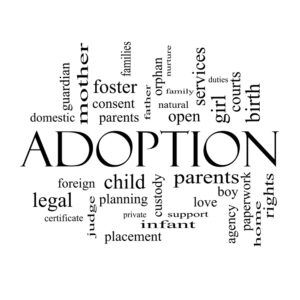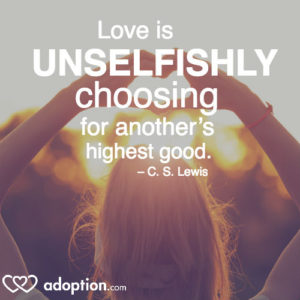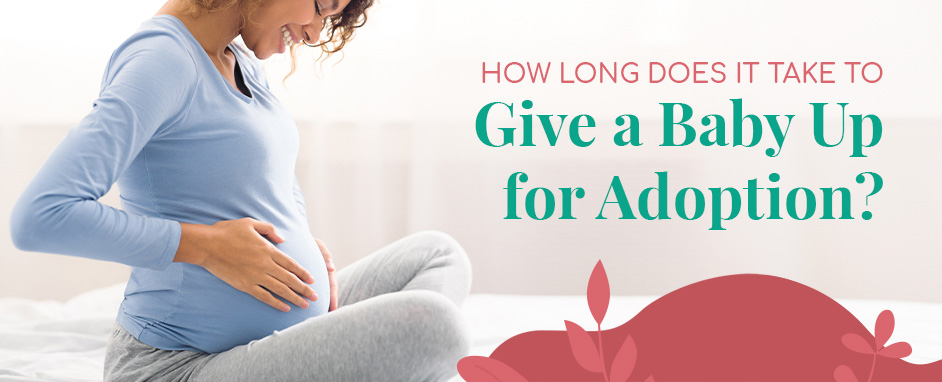June 03, 2016
Using positive adoption language
This is something we go back to over and over again, because the way people talk about adoption needs a a great deal of finessing, and we want to help spread the word about the positive ways to discuss adoption, and the not-so-positive ways. Understanding the difference between the two is paramount to having respectful conversation that does not offend, hurt, or alienate those connected to the adoption world.
Step 1: Children are not “put up” for adoption. They are not “given up” for adoption. They are placed. The child was not auctioned, nor were they thrown away or discarded by someone who didn’t love them. The adoption process is very layered, incredibly emotional, and involves as much heartbreak as it does joy. Please be sensitive to that, and take care to not use terminology that might seriously hurt an adoptive parent or birth parent.
Step 2: It’s all real. Everyone in the adoption process is real. So there’s no reason to refer to a child’s “real parents” because everyone involved in the process is a living, breathing, human being and no one is more real than the other. When speaking to an adoptive parent, it is incredibly hurtful to refer to the child’s birth parents as their “real parents.” They are the child’s birth parents, and the adoptive parents are the child’s parents. There’s also no need to continually refer to adoptive parents as the “adoptive parents.” They’re the parents. And what they do for their child is no different than any other parent.
Step 3: Keep the personal questions to yourself. Unless having intimate dialogue is an accepted and welcome part of your relationship, please do not feel like someone’s adoption process is subject to your investigation or intimate questions. That includes asking them how much their adoption cost, why their child is a different ethnicity than them, if they wanted a child of that ethnicity, if they struggled with infertility — none of it. Their adoption process, why they chose to adopt, and how much it cost is, quite frankly, none of anyone’s business unless that information is expressly volunteered.
Be sensitive and think — how would I want people to discuss this if it were me? Taking care to use respectful adoption language goes such a long way. Birth mothers, adoptive parents, adoptees, and adoption professionals everywhere will thank you for it.


